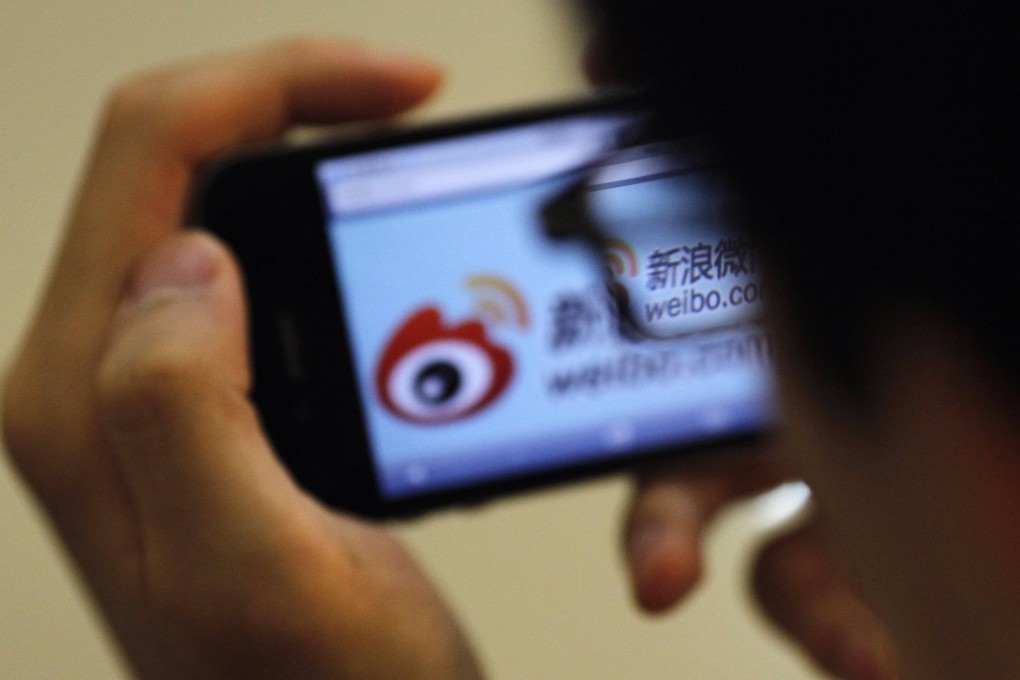Weibo public relations executive arrested on bribery charges as China takes aim at online opinion manipulation
- The former marketing and PR director for the Twitter-like Weibo platform was arrested for allegedly accepting bribes, according to an internal company memo
- Employees at China’s biggest tech giants, including Tencent, Alibaba and Baidu, have been involved in several corruption cases in recent years

Mao Taotao, who started working for Weibo in 2010, has been arrested and was fired, according to an internal memo dated August 10 seen by the South China Morning Post and confirmed by two employees. Mao will never be employed by Weibo again, the memo said, as he “has seriously harmed the interests of the company”.
Mao is accused of accepting bribes, but no other details of his case have been disclosed because it is still under investigation by public security authorities. Mao could not be reached for comment.
“As the director of an important unit, Mao failed to set a good example, and in the face of temptation, he lost his principles and fell below the [ethical] baseline, which is sad and regrettable,” Weibo said in the memo. “The handling of this case once again reflects the group’s ‘zero tolerance’ attitude towards fraud.”
The wording in the memo suggests the case could be related to the manipulation of online opinions for commercial interest, which has come under scrutiny in China. State censors have long kept a close watch on social media platforms to weed out accounts that are considered disagreeable, but authorities have grown increasingly intolerant of the role commercial interests play in shaping the content on platforms, where followers, comments and likes are put up for sale.